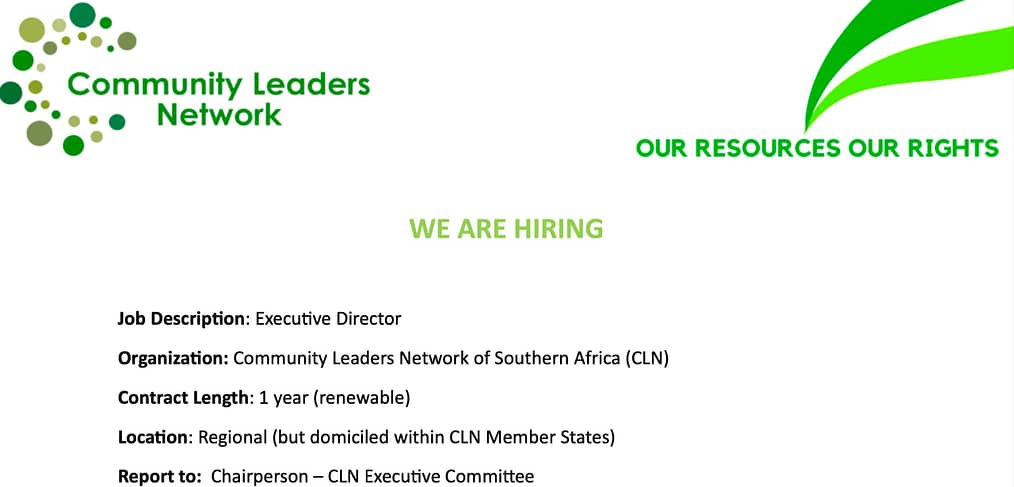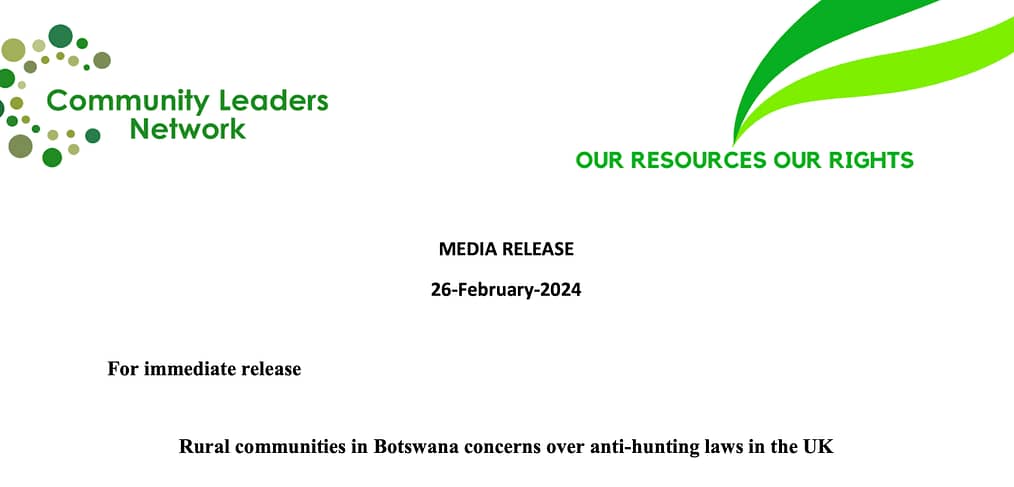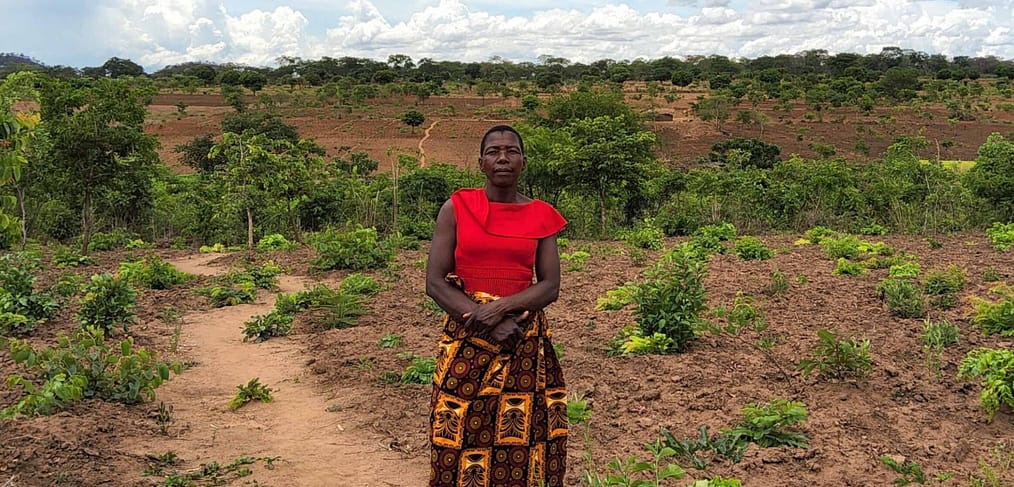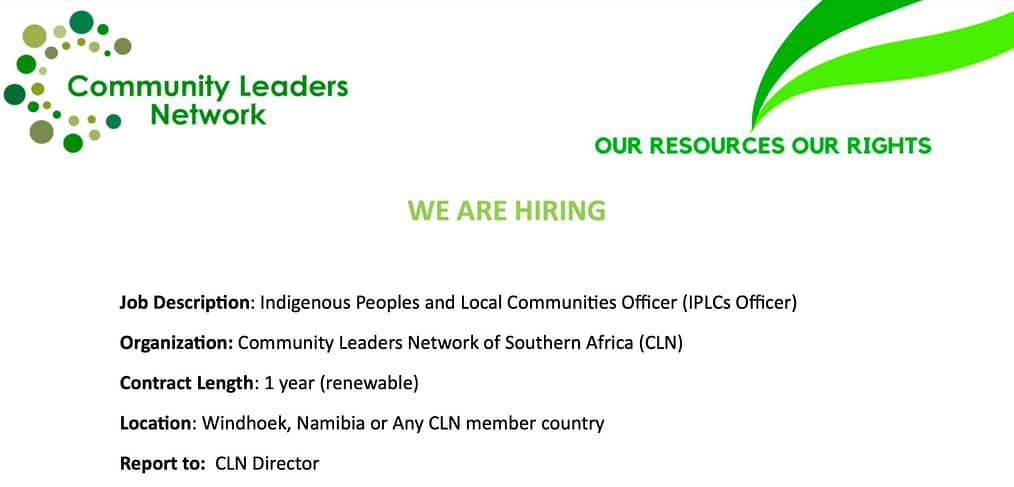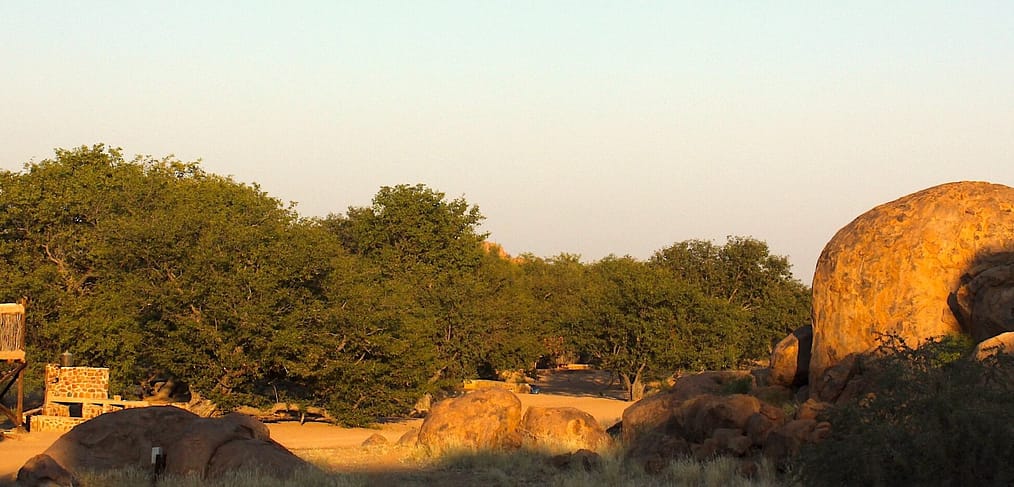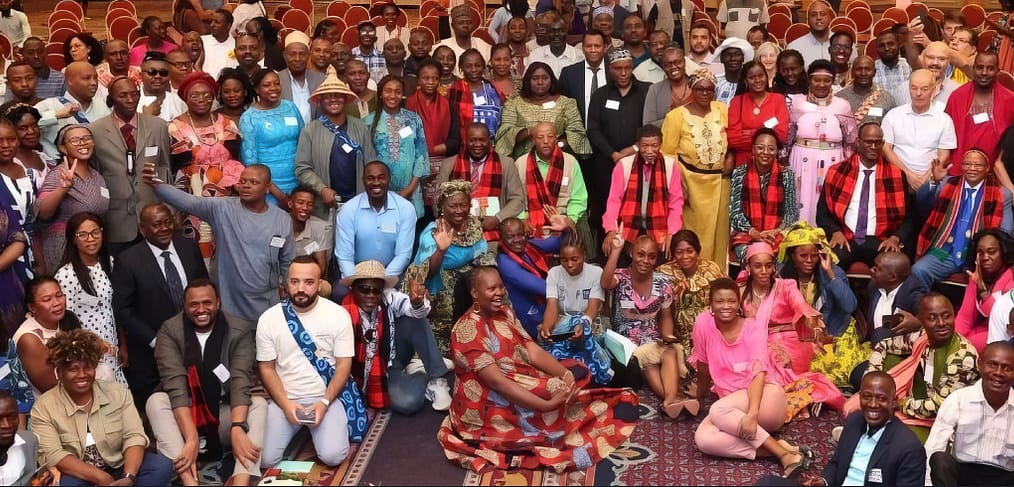On 22 February 2024, 17 Community Trusts in Botswana along with the Ngamiland Council of NGOs (NCONGO) expressed their deep concern with a campaign advocating for a ban on hunting trophy imports into the United Kingdom (UK) that will negatively affect their livelihoods and wildlife conservation efforts. These Trusts are democratically elected entities speaking on behalf of their respective communities that live alongside elephants and other wildlife species in Botswana.
Communities living around Kasungu National Park in Malawi traditionally grow maize to feed their families and a few other cash crops to generate income. High poverty levels and declining soil fertility have driven some community members into the neighbouring park to clear more land, hunt wildlife or harvest wood illegally to make ends meet. Kasungu Wildlife Conservation and Community Development Association (KAWICCODA) have started a transformative project with support from the Biodiversity and Protected Areas Management (BIOPAMA) Programme to help change this situation using soybeans.
Thank you for your interest, but the deadline for this position has now passed.
The First Africa Indigenous People & Local Communities Conservation Congress, organised under the theme “We are nature & nature is us”, convened between 25th and 27th of October 2023, brought together Indigenous People and Local Communities (IPLCs) from the five regions of Africa to discuss, debate, and offer ideas on how to implement the Africa Protected Areas Congress (APAC) Kigali Call to Action and the Kigali IPLC Declaration.
The Community Leaders Network of Southern Africa proudly hosted this even in Windhoek, Namibia. Read the full Communiqué from the event in English here, in French here. The press release for the event in English here, in French here.
Dr Rodgers Lubilo and Malidadi Langa discuss the main issues that were addressed during the first-ever African Indigenous Peoples and Local Communities Conservation Congress. Land rights, resource use rights, human wildlife conflict and building an African Alliance to amplify African voices are among the highlights. We will continue to work together with our partners across Africa to create a movement for conservation that truly benefits African people.

